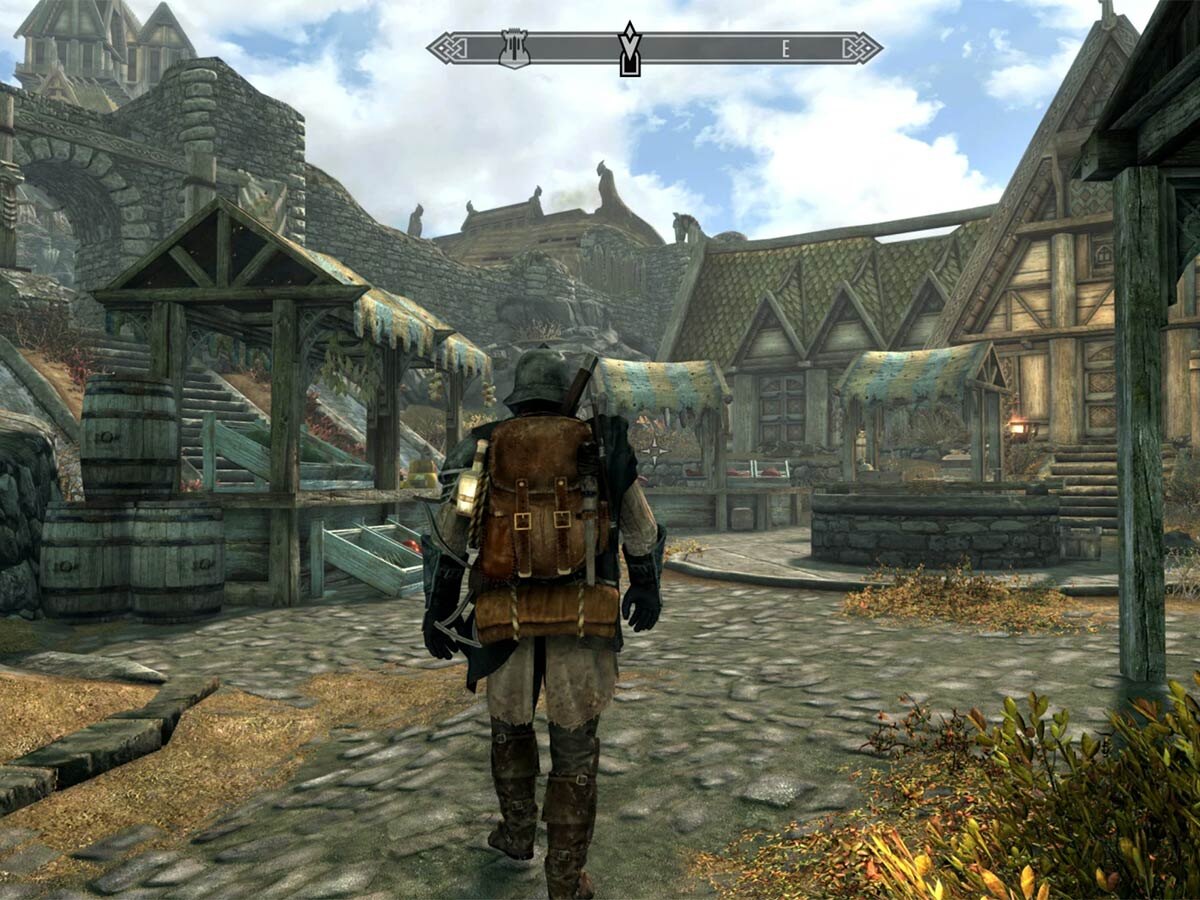If you were a gamer on the internet in the halcyon era of the PlayStation 3 and the Xbox 360,
you probably remember being unable to scroll through any gaming-related forum or comment section without encountering the so-called ‘fanboys’ sounding off about the irrefutable superiority of their choice of console. These were the days of the ‘Console Wars’.
Of course, there were Console Wars before this — Sega and Nintendo practically coined the term in the early 90s — but it wasn’t until the internet became truly ubiquitous that we saw legions of gleeful gamers signing themselves up to argue on the frontlines of a YouTube comment section over whether PlayStation or Xbox was the ‘correct’ choice (whilst ignoring those smug few who could afford both).
Common ammunition in these skirmishes was often centered around the hardware on offer. PlayStation users could tout the superiority of the PS3’s ‘Cell’ processor — with few ever really understanding what it was or how it worked — whilst Xbox-ers might counter with some vague allusions to the 360’s better peak eDRAM (whatever that means). Of course when you add the Xbox 360’s infamous Red Ring of Death to the mix (PlayStation’s Yellow Light of Death didn’t have quite the same catchy title, or, to be fair, the same widespread prevalence as seen on Xbox) you can see why casual debates could get heated quite quickly.
But what does this all have to do with today?
Well, if you’d have waded into those comment sections all those years ago to inform people that, by 2022, Microsoft would technically own PlayStation icon Crash Bandicoot, and PlayStation would own the former developers of Xbox’s marquee franchise, Halo, you’d be looked like you were a madman. But a series of multi-billion-dollar acquisitions later, and here we are.
The actual content — the games — on offer for each console has always been the main driving factor for most gamers in choosing a console, more so than the hardware they run on (once you’ve factored in what all of your mates have already bought — you don’t want to be playing Halo alone while your friends gush about God of War).
But it seemed at one point in the previous generation that such separation was gradually eroding. Microsoft pushed firmly for ‘crossplay’ — allowing gamers across any devices to play together – and now most Xbox titles are also available on PC at launch, with gamers able to join up with friends and have the same, almost seamless experience without having to go out and drop a few hundred pounds on a totally separate device just to join their friends in a Halo lobby.
The push for universal crossplay may be about to change, however. Whilst new Microsoft subsidiary Activision Blizzard King — publishers of such little-known franchises as Call of Duty and World of Warcraft — might say they have no intention of taking Call of Duty away from PlayStation quite yet; you don’t spend somewhere in the realm of an eye-watering $70bn on a company just to let your main competitor share in the profits of their work.
Microsoft might argue having more game developers under their roof allows them to push for a gaming utopia, where access to major franchises across devices through a service like their Netflix-for-games Xbox Game Pass has never been easier. If they stay true to their word, then great. But if games start being pulled from competing platforms as PlayStation and Xbox trade blows in the quest to absorb all gamers into their respective ecosystems, then it’s hard not to see the consolidation of ownership of gaming companies as a dystopia for the average gamer.
The ball is in Xbox and PlayStation’s court, but for one possible indication of where it’s heading, we’ve already seen a precedent set with another recent Microsoft purchase in Bethesda — developer/publishers of The Elder Scrolls and Fallout — whose parent company Zenimax Media was acquired back in March 2021 for a cool $8.1bn. Bethesda’s new IP Starfield, and most likely The Elder Scrolls 6 (sequel to RPG monolith Skyrim), won’t be available on PlayStation, which could be a significant loss to both PlayStation themselves and gamers as a whole.
Skyrim, and it’s 800-odd editions and re-releases, has sold over 30 million copies. Just read those gaming comment sections to see how PlayStation owners feel about potentially not having the chance to be part of that massive audience for Skyrim’s sequel.
So where does this leave us?
Well it looks like the ‘console wars’ might be dead in terms of arguing who’s got the more powerful box, but the software — the ‘content wars’ — are just heating up. In the race to get gamers into your ecosystem, unique, exclusive games are the number one motivator. So don’t be surprised to see those comment sections return to the partisan days of old — and certainly don’t be surprised if these massive acquisitions that might’ve seemed impossible years ago are just the beginning. Mario and Zelda on the next PlayStation anyone? Stranger things have happened…
PS. For a look at just how centralized the landscape of game development & publishing has become, take a look at this infographic by @eterr on Reddit (below) showing who owns what.
Featured image: Skyrim

